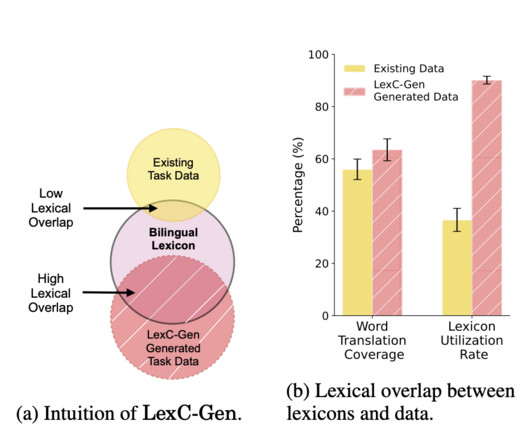Deep Learning Techniques for Autonomous Driving: An Overview
Marktechpost
MAY 8, 2024
Availability of training data: Deep learning’s efficacy relies heavily on data quality, with simulation environments bridging the gap between real-world data scarcity and training requirements.












Let's personalize your content